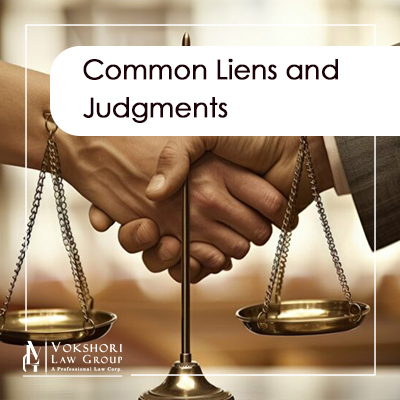
Property liens are legal claims that are placed on a piece of real estate (Real Property). They are usually the result of debts that the property owner owes. For example, if a homeowner fails to pay their property tax, the government can put a tax lien on the homeowner’s property.
When a property has a lien, it means that there is a barrier to selling the property.
The homeowner cannot sell their home unless the lien is removed. In some cases, property liens can even lead to foreclosure. For instance, if a homeowner fails to pay their mortgage, the lender can take possession of the house and sell it to pay off the debt.
There are different types of property liens. They can be either general or specific, and voluntary or involuntary.
General liens apply to all the property owned by the debtor. For example, if you fail to pay your federal income taxes, the government can place a lien on everything you own, not just your house.
Specific liens apply to a particular asset. For instance, mortgage liens are specific to the house you mortgaged. If you were to default on the mortgage for your investment property, the bank could place a lien on that property, but they would not have a claim on your primary residence.
Voluntary liens are ones that property owners willingly accept, like a mortgage lien.
Involuntary liens are imposed against the property owner’s wishes, such as a tax lien.






